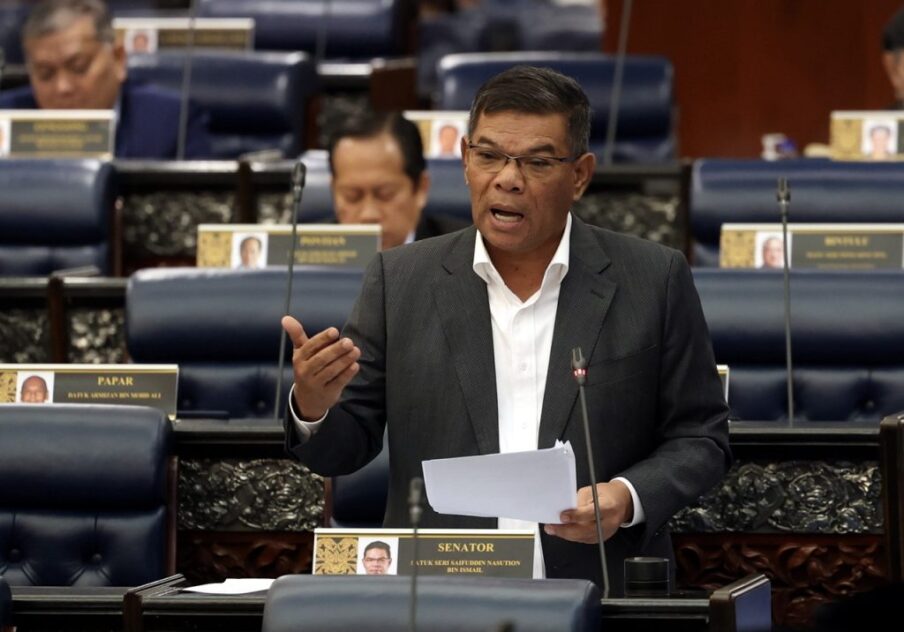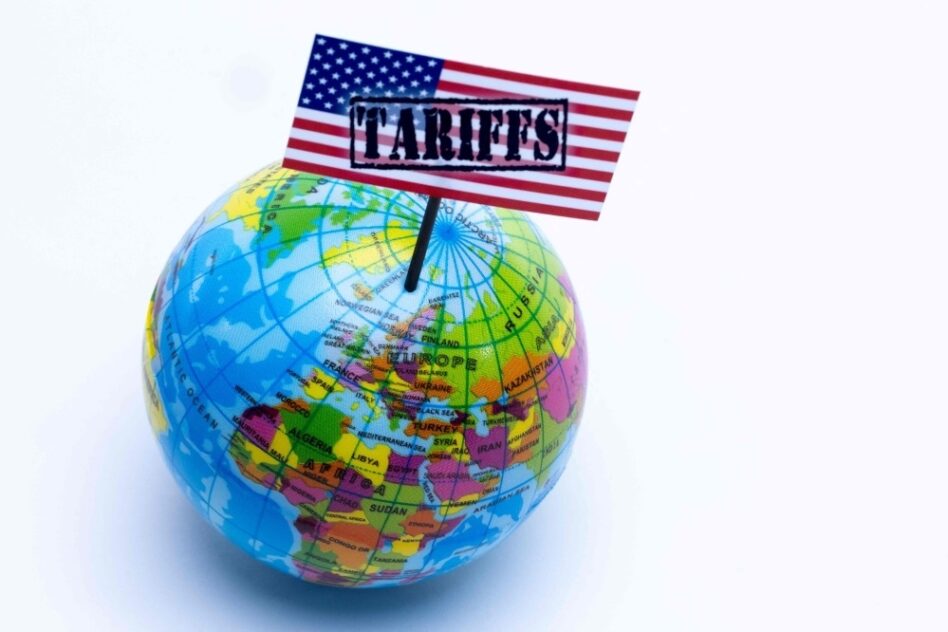THE sale and purchase of property with housing developers are governed by the Housing Development (Control and Licensing) Regulations 1989 (HDR).
These regulations mandate that developers must deliver vacant possession within 24 months for landed properties and 36 months for high-rise properties.
However, developers had the option to apply for an extension of time (EOT) to the Controller of Housing under Regulation 11(3) of the HDR in cases of special circumstances, hardship or when strict adherence to the contract of sale was impractical or unnecessary.
In November 2019, a landmark ruling changed the landscape of housing development in Malaysia.
In the case of Ang Ming Lee & Ors v Menteri Kesejahteraan Bandar, Perumahan dan Kerajaan Tempatan & Anor (AML), the Federal Court ruled that the interests of homebuyers should precede over developers.
The court declared that the controller’s power to grant EOTs under Regulation 11(3) was ultra vires which means that it exceeded legal authority.
This decision sent shockwaves through the industry, leaving many developers who had previously obtained EOTs potentially liable for liquidated ascertained damages (LAD) claims from homebuyers for delays caused by invalid EOTs.

Shrouded in confusion
At first, this ruling appeared to be a win for homebuyers. It compelled developers to adhere strictly to agreed timelines and provided homebuyers with the assurance of compensation in case of delays.
This protection was seen as a guard against unscrupulous and profit-oriented developers who might otherwise take advantage of the homebuyers.
However, the decision had significant and unintended consequences. The AML ruling applied retrospectively, affecting developers who had secured EOTs before the AML ruling.
These developers had followed the law and the prescribed procedures to apply for EOTs and for many, had informed homebuyers about the EOTs during the signing of their sale and purchase agreements (SPA).
Consequently, these developers faced lawsuits from homebuyers claiming LAD even when there was no delay since EOTs had been validly granted by the controller.
The confusion arose from the retrospective effect of the AML ruling. Retrospective rulings mean that a court’s decision applies to events or transactions that occurred even before the ruling was made.
If a court does not specify whether a ruling should apply prospectively (only to future cases) or retrospectively, the default position generally is retrospective.
In the AML case, the Federal Court did not clarify this, thus paving the way to a wave of legal challenges and uncertainty for developers.
Landmark ruling
This legal uncertainty led to the case of Obata-Ambak Holdings Sdn Bhd v Prema Bonanza Sdn Bhd and two other appeals (Obata-Ambak). The developers in these cases appealed to the Federal Court, arguing among others, against the retrospectivity of the AML ruling.
The developers highlighted the deeply entrenched nature of Regulation 11(3) which had been the basis for the developers to obtain EOTs since 1989.

Today (July 26), the five-member bench led by the Court of Appeal president Tan Sri Abang Iskandar Abang Hashim held that the AML ruling is to be applied prospectively in the interests of justice.
Unanimously, the Federal Court held that the homebuyers cannot rely on the AML decision as a “carte blanche” to make financial gain against the developers who had at all times complied with the laws that were valid at that material time and obtained EOTs before the AML decision.
This decision provided relief and finality to developers who had acted in good faith under the previous understanding of the law and applied for EOTs due to genuine need.
It marked an important clarification by ensuring that developers who had obtained EOTs before the AML decision would not be unfairly penalised.
As a result of this 2024 decision by Federal Court, many homebuyers are expected to withdraw their LAD claims against the developers.
However, it is pertinent to note that the AML ruling still stands and continues to uphold the intent of the statute to protect homebuyers.
The key takeaway from this latest development is the recognition of the need for a balanced approach that considers the interests of both homebuyers and developers.
While protecting homebuyers remains a priority, the decision underscores the importance of fairness and clarity in legal processes by ensuring that all parties involved in real estate industry are treated justly. – July 26, 2024
Leonard Yeoh is a partner, Chen Mei Yan an associate and Goh Jing Xuan with the law firm, Tay & Partners.
The views expressed are solely of the author and do not necessarily reflect those of Focus Malaysia.
Main image credit: Low & Partners









